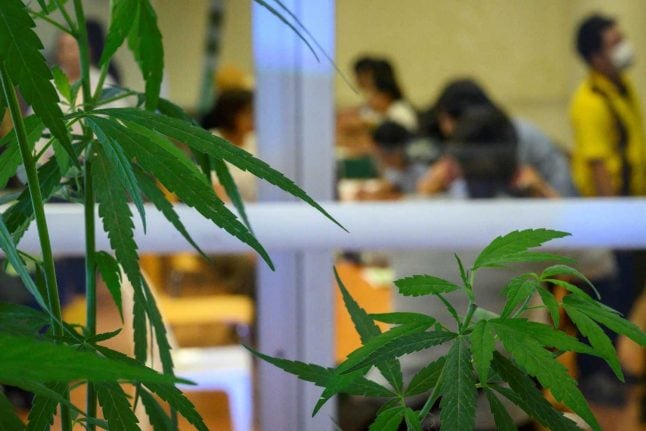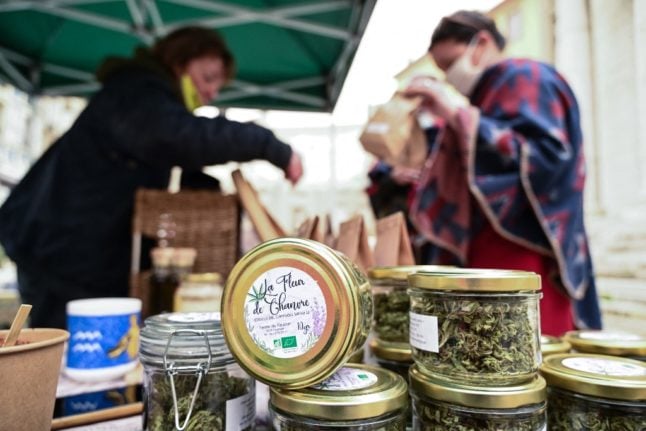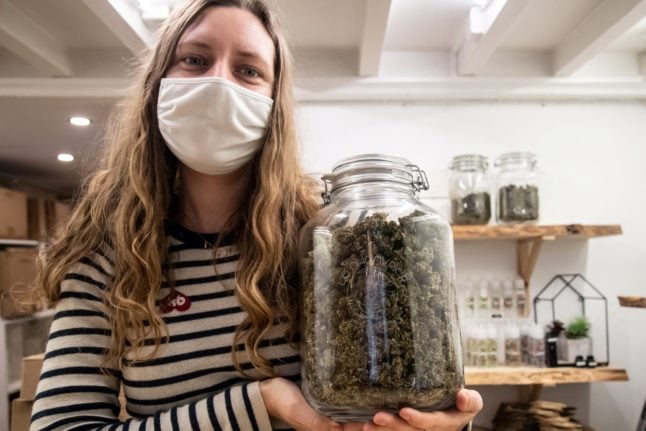As reported in Swiss news outlet Watson, the government is looking “only for adults who already use cannabis to take part in the study”.
The proposal was previously approved by Switzerland's lower house – the National Council – in June.
The decision to embark upon the trial was to be made in March but was delated due to the coronavirus pandemic.
The experiments are to be carried out in Switzerland’s larger cities. Basel, Bern, Biel, Geneva and Zurich have all expressed interest in conducting the trials.
Drugs and alcohol: Just how much do the Swiss consume?
The study wants to understand how the market for cannabis works – and how to combat the black market. The social effects of legalisation are also set to be studied.
“The models must be tested before starting the debate on whether or not to liberalise cannabis,” said Pierre-Yves Maillard (Social Democrats), a spokesperson for the responsible committee.
Only people who currently use cannabis – and can prove it – will be allowed to participate. Proof will be determined through a hair sample.
‘Organic and Swiss’
There remains one sticking point between Switzerland's lower and upper house.
While the National Council has demanded that Swiss-grown, organic cannabis be used as part of the trial – the Council of States has said it does not want to make this a requirement.
Instead, organic, Swiss-grown cannabis must be used in the trial “wherever possible”, with the Council of States noting that such cannabis is hard to find.
Minister of Health Alain Berset said that a legalisation should benefit Swiss farmers even though “very few producers have experience in this area”.
200,000 cannabis users in Switzerland
An estimated 200,000 people smoke cannabis products in Switzerland. Those in favour of the new trial argue that this shows the war on drugs has failed – and that legalisation will
Since 2011, the sale of cannabis products containing up to one percent tetrahydrocannabinol (THC) – the ingredient that makes users high – has been legal in Switzerland.
Regular strength cannabis and other associated products such as hashish are also illegal, although small amounts (less than ten grams) are decriminalised and will only attract a 100 franc on-the-spot fine.
A poll by the World Health Organisation showed that more teenagers smoked in Switzerland than in any other European country, with 27 percent of 15 year olds having smoked at least once.
The use of cannabis for medical purposes is also heavily restricted in Switzerland, with only one product – CBD oil – legally available for sale.




 Please whitelist us to continue reading.
Please whitelist us to continue reading.
Member comments